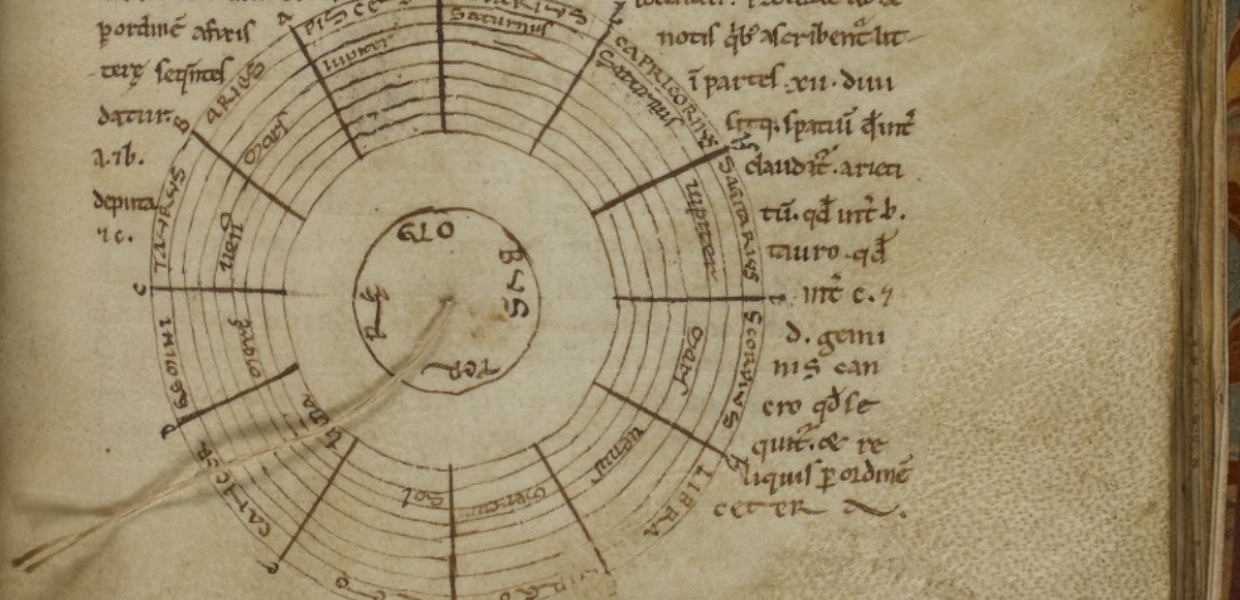We are pleased to offer some guidelines from our knowledge development specialist Sebastiaan ter Burg around creating video content, which we hope will be reusable in other contexts and offer guidance to future professionals engaged in research-related projects, and build capacity in institutions to meet emerging needs.
Minimum requirements
We have determined minimum requirements to ensure the usability of your video content, which are intended to ensure that we can use your content in varied ways, now and in the future. The list below is not exhaustive. Please do not hesitate to reach out to us by emailing [email protected] if you have questions that are not covered in this list, or you are planning to do part of your video production yourself but doubt your content meets the requirements below.
Publish under an open license
We encourage you to use the most open license possible for your content to secure future reuse. If possible, use a CC BY 4.0 or CC BY-SA 4.0 license.
Copyrighted content
Please do not use copyrighted content. Content that is openly licensed with a Creative Commons BY or BY-SA license is preferred over licensed content that you paid for. This includes images, music, video, animation, etc. The main reason is that, even if you have a license to use the content, the use of the licensed content is limited to the use you declare when buying the license and your publication, and we may not be allowed to publish the content without buying a license too.
Consent forms
Are you interviewing people? Are you working on the video as a team? Then make sure that everyone involved knows how to content will be published and might be used. In other words: make sure that they know and agree to the fact that it will be published under an open license and that reuse will be encouraged. We suggest the use of consent forms for participants outside your organisation. Are you working with people under 18? Then make sure you get permission from their parents.
Audio quality
We expect your audio to be of good quality. This goes for voice overs, interviews and background music. The audio should be loud enough without background noise(s). Music should not conflict with interviews and/or voice overs.
Video quality
Your video should be at least in Full HD (1920 * 1080 pixels). 4K is not necessary, but if you have the possibility to produce in 4K we highly encourage it.
Editing and color correction
Your video should be edited to cover your core messages and include basic color correction that reflects natural colours.
Language and subtitles
All videos submitted should be subtitled. Your video does not have to be in English, but if you choose to make your video in your own language, then English subtitles are required. We encourage you to include captions (subtitles in your own language) too. Please export your video in multiple ways: without subtitles and with the subtitle files as separate .srt files and with the subtitles “baked in” the video. You can do this for each language and/or with multiple languages in the same video.
Time
Your video should be at least 90 seconds and shorter than five minutes.
Codec
We need an .mp4 at least. We encourage sharing higher quality video files (uncompressed, for example Prores422 LT).
Future proofing
Are you making a video that might need an update in the (near) future? Then make sure to archive your project in such a way that an update is easy to make. This video gives some practical guidelines in organising video assets.
Publication platforms and moment
Your video will be published on Europeana channels. You can also publish it to your own video platforms if you want to.
Support needed
You can request funding for this if you don’t have the equipment, skills or time to produce this. Funding can be used for example for:
Translation for the subtitles in English
Voice over artists
Simple animation
Checking scripts
Editing of a video, for example putting slides and a voice over together
Subtitles and captions
These services can be found in many different levels of quality and relating prices. A few websites that might be worth your time to check for these services are fiverr.com and PeoplePerHour.com for voice overs, animation and editing. Descript can be used for editing and subtitles and Rev.com for subtitles and captions.
Below is an example of a budget breakdown for a production for a video of 3 minutes where you have supplied video content, images and/or slides:
Voice over through Fiverr.com with proofreading and adjustments: €50,-
Editing of video through Fiverr.com (standard): €100,-
Subtitles (language of video): €7 per minute = €21,-
Subtitles (language of video translated to English subtitles) through Rev.com: €7 per minute = €21,-
Total budget: €192
This guidance was updated on 19/12/21 to note that all videos must be subtitled.


